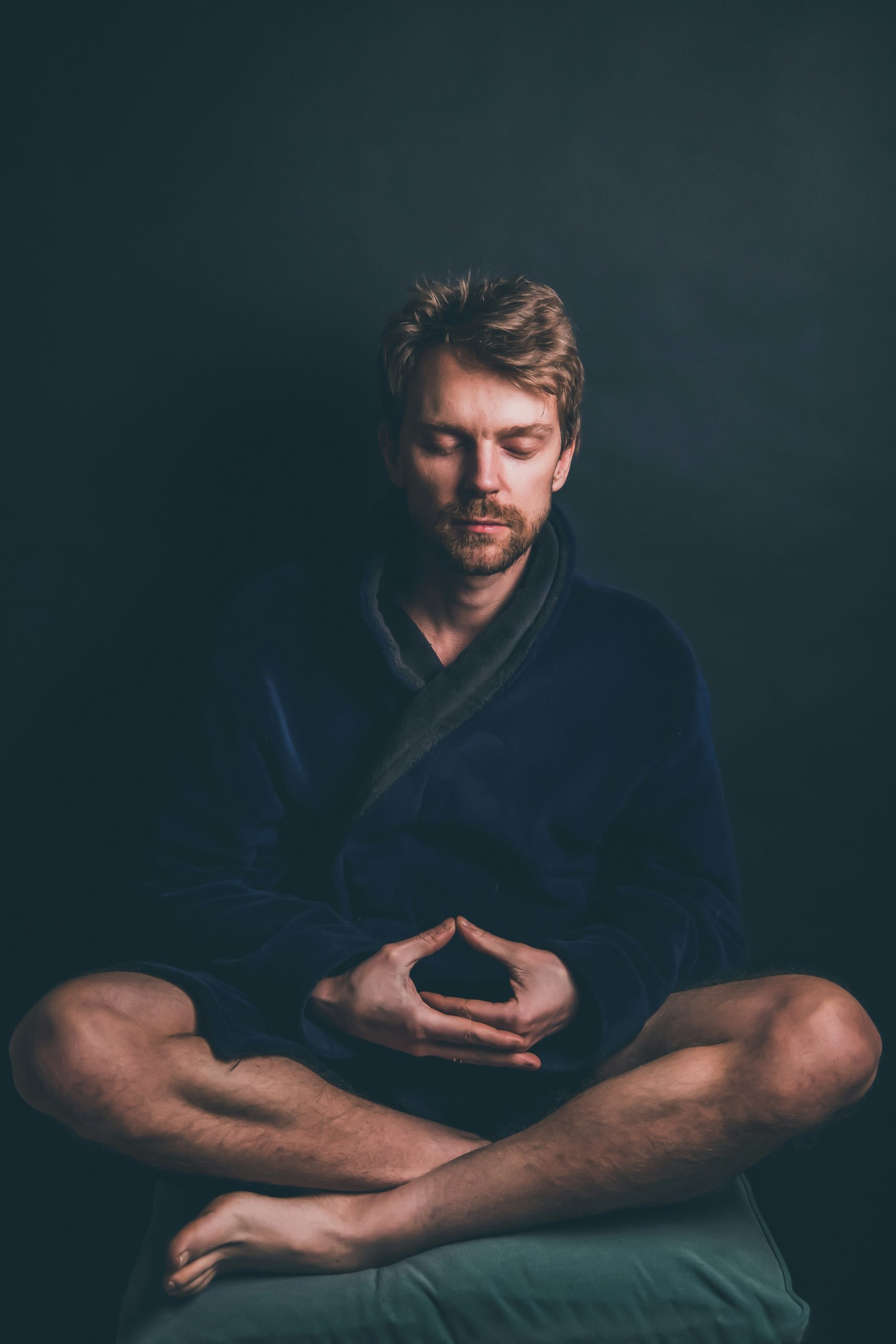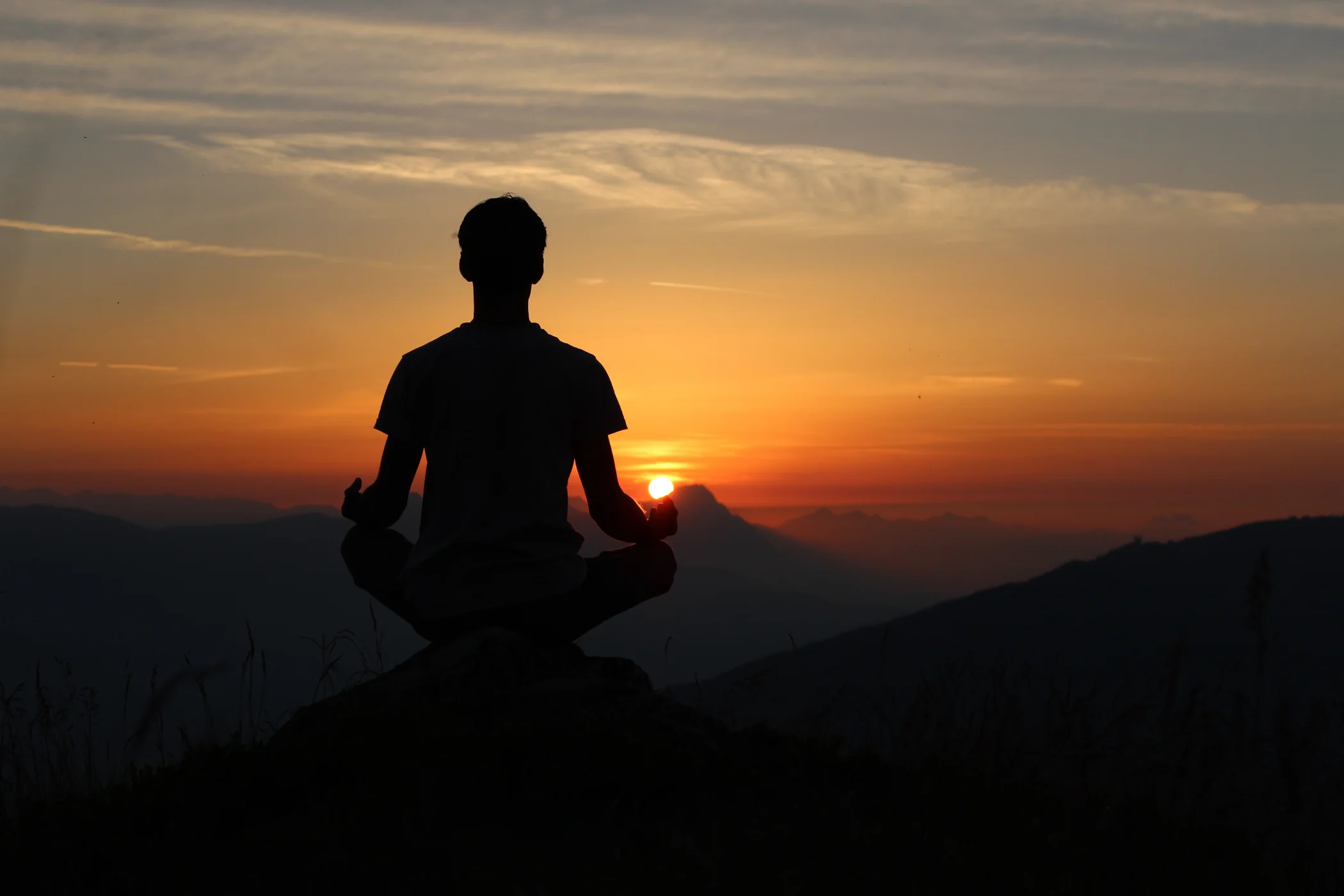My biggest obstacle when leaving the U.S. was addiction. 30mg of Adderall every morning and 2mg of Xanax every night. My life revolved around attachments and addictions. Couldn’t wake up without the Adderall, and couldn’t fall asleep without the Xanax. Deep down, I knew I didn’t actually need them, but had manipulated my doctor into prescribing them anyway. I was hopelessly addicted—to the point that I couldn’t function without them.
Most days, I took more than prescribed and supplemented my supply by buying off the streets. If I felt even the slightest anxiety, I reached for a Xanax. The least bit tired, I popped an Adderall. Not to mention I was drowning in a nicotine addiction. Also drank with my Xanax every night. If I wanted to leave the U.S., I needed to get clean. So, I began tapering.
I gradually cut my doses down to 0.5mg of Xanax and 7.5mg of Adderall a day before dropping Adderall entirely. What followed was a brutal, soul-crushing depression. Constant daydreams about suicide, my will to live was hanging by a thread, and the only thing that kept me going was the vision of my new life in Southeast Asia.
Distractions
Six months went by before I started feeling okay without Adderall. That’s when I decided to quit Xanax. It was going to be hell, but it had to happen if I wanted a future. Xanax and Adderall eat away at you. My emotions had been completely numbed. My entire life revolved around highs—either I was high, or I was waiting to get high again. The pills, the nicotine, everything was just a distraction.
A distraction from who I was. From what I had lost. From the emptiness of my life.
So, I locked myself in my room with supplements, water, and a PlayStation. There’s no better way to ride out withdrawal than losing yourself in a game. The dopamine was a decent substitute, and since my whole life had been built on distractions, it made sense.
Sleep wasn’t something I could control. I’d stay awake for days, playing The Witcher 3 or some other RPG, then suddenly, I’d wake up. The only way I knew I had slept was because I was awake again. It never felt restful. Couldn’t decide when I would fall asleep, so I just had to suffer through it until my body finally hit the emergency reset button.
Food was tasteless. My body ached constantly. I wanted to cry but couldn’t. The only thing that brought me a sliver of relief was a hot shower.
Through all of it, my father was there. He checked on me, made me food, and told me he was proud of me. His kindness and patience kept me going. I wouldn’t be here without him.
Reading was impossible—unable to focus. My brain felt like it was short-circuiting nonstop. But one morning, after a few months of this, I woke up and felt something different: the urge to move. My father had a rowing machine, so I decided to try 20 minutes a day.
At first, it was horrible. But then, I started looking forward to it. Since I couldn’t center my life around sleep, I centered it around exercise. It gave me structure, a routine, something solid to hold onto. Soon, I was rowing for 30 minutes a day and jogging for 20. Still felt like a zombie, but I knew I was healing.
Buddhism to the Rescue
That’s when I picked up Buddhism, Plain and Simple by Steve Hagen. Spirituality had never interested me, and I couldn’t believe in God even if I wanted. But this book wasn’t about gods or the supernatural—it was about reality.
Buddhism, stripped of mysticism, is just a practical guide to ending suffering. It teaches you that addiction—whether to substances, emotions, or habits—is just attachment. And attachment is suffering. Meditation became my tool for breaking free. Instead of running from discomfort, I learned to sit with it. Instead of reacting to cravings, I observed them. Instead of being controlled by desire, I let it pass through me.
I didn’t need faith. I needed results. And Buddhism, without the fluff, is really just a system for rewiring your mind.
Before I knew it, I replaced my nicotine addiction with meditation. Every time I craved something, I sat on the porch and meditated for 20 minutes. Eventually, I was meditating for hours a day. My father was amazed—honestly, so was I. I had become calm, centered. For the first time, I had control over my own life.

With my father’s support, I conquered my addictions. Sold my possessions. And with each thing I let go of, I felt lighter. Fear of being alone, fear of the unknown—none of it mattered.
For the first time, I knew what I wanted. I wanted to live. And I wanted to build a life in Asia.
I had finally freed myself.
Here is a copy of the book that freed me, Buddhism Plain and Simple: The Practice of Being Aware Right Now, Every Day– by Zen priest and longtime teacher Steve Hagen:
#ad
Kindle version here:
#ad
Another Helpful book, a scientific take on the benefits of meditation: The Joy of Living: Unlocking the Secret and Science of Happiness – ny by Yongey Mingyur Rinpoche and Eric Swanson:
#ad
kindle version:
#ad

